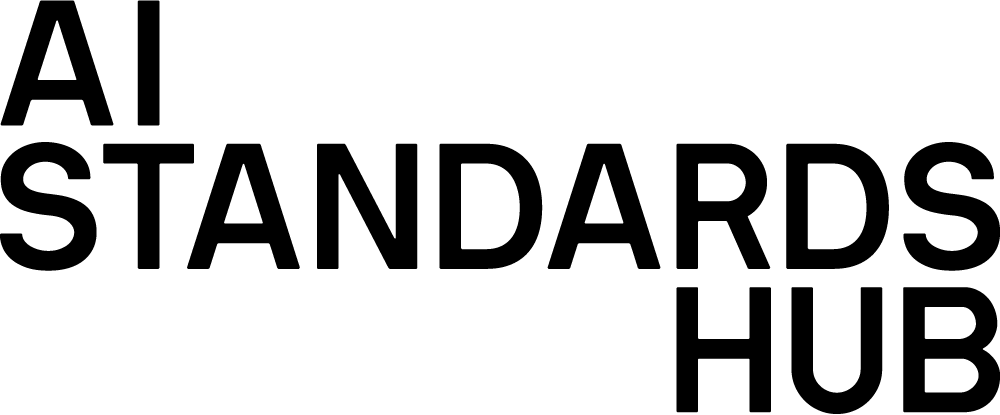-
AuthorPosts
-
Stakeholder input during the development of the Hub’s strategy revealed an overwhelming interest in contributing to the development of AI standards as opposed to merely finding out about them once they have been published. This interest was shared across participants from industry, civil society, government and regulatory bodies, and academia. At the same time, discussions highlighted a variety of perceived challenges and obstacles for participating in standards development, in areas such as keeping track of relevant standards development efforts, understanding the structure of standards development processes and how to get involved, skills needed to contribute to the drafting of standards, or strategic direction in terms of which standards to focus on (e.g. based on their expected level of adoption).
Addressing challenges for participation in standards development is one of the core objectives of the AI Standards Hub. Some of our existing resources such as the Standards Database and our training materials were designed with this core objective in mind. But we know that more work is needed in this area and our aim is to be guided by community voices in shaping this work.
Please share with us:
What are the main factors that are holding you or your organisation back in becoming more actively in the development of standards for AI, and how can the Hub help to overcome these barriers?
The ISO/IEC committee for Artificial Intelligence is currently developing what is known as a ‘Management System’ standard for AI with the designation ISO/IEC 42001. ISO/IEC 42001 is being developed by 50 countries, including the UK (via BSI) and will be an integral part of improving the governance and accountability of AI globally. As with all ISO/IEC standardization, it brings together the insights of all relevant stakeholder groups including SMEs, Academia, Civil Society and many others.
A Management System sets out the processes an organization needs to follow to meet its objectives and provides a framework of good practice. Management System standards are comparatively rare and apply across all sectors and sizes of organization. There is a wide-spread and growing recognition that Management Systems can have a positive long-term impact for organizations.
Given that AI is so wide-reaching, it is anticipated that ISO/IEC 42001 will become as integral to organizational success as established Management System standards such as ISO 9001 in Quality management, ISO 14001 in Environmental Management and ISO/IEC 27001 in Cyber Security. The draft standard is now out for public consultation over the winter of 2022/2023, closing date for comments is 10 January 2023.
Review and comment on the ISO/IEC DIS 42001 standard now. We look forward to hearing from you!
This is your opportunity to be involved in standards development.
If you are new to standards and want to better understand how they are developed, BSI has created an eLearning module for the community.
Take the ‘Introduction to Standards’ eLearning module now to learn moreIn my organization, the main handicap for developing artificial intelligence standards is based on the consideration of the lack of control of the algorithms and their transformation at times into dark algorithms. A lack of effective control triggers could lead to a dark artificial intelligence of inestimable consequences today. Without adequate control algorithms, we do not have sufficient justification to develop new standards in the industry, in our case oriented to the EdTech and TalentTech sector.
Thanks Frank, this is interesting insight into the sectors you’re working in. For people in other sectors are you experiencing a similar barrier?
What do you think might close the gap on there not being effective control triggers? Maybe better risk management like that described in ISO/IEC 23894 might have an impact?
Indeed Jon, but the barrier in other sectors is even higher, I’m afraid. ISO/IEC 23894 could certainly help but I’m convinced that the problem is of greater importance. The effort must go towards evangelization, promotion and dissemination of benefits, opportunities but also the need to have a powerful, practical standard that covers all possibilities, especially the darkest ones that can be generated…
-
AuthorPosts


